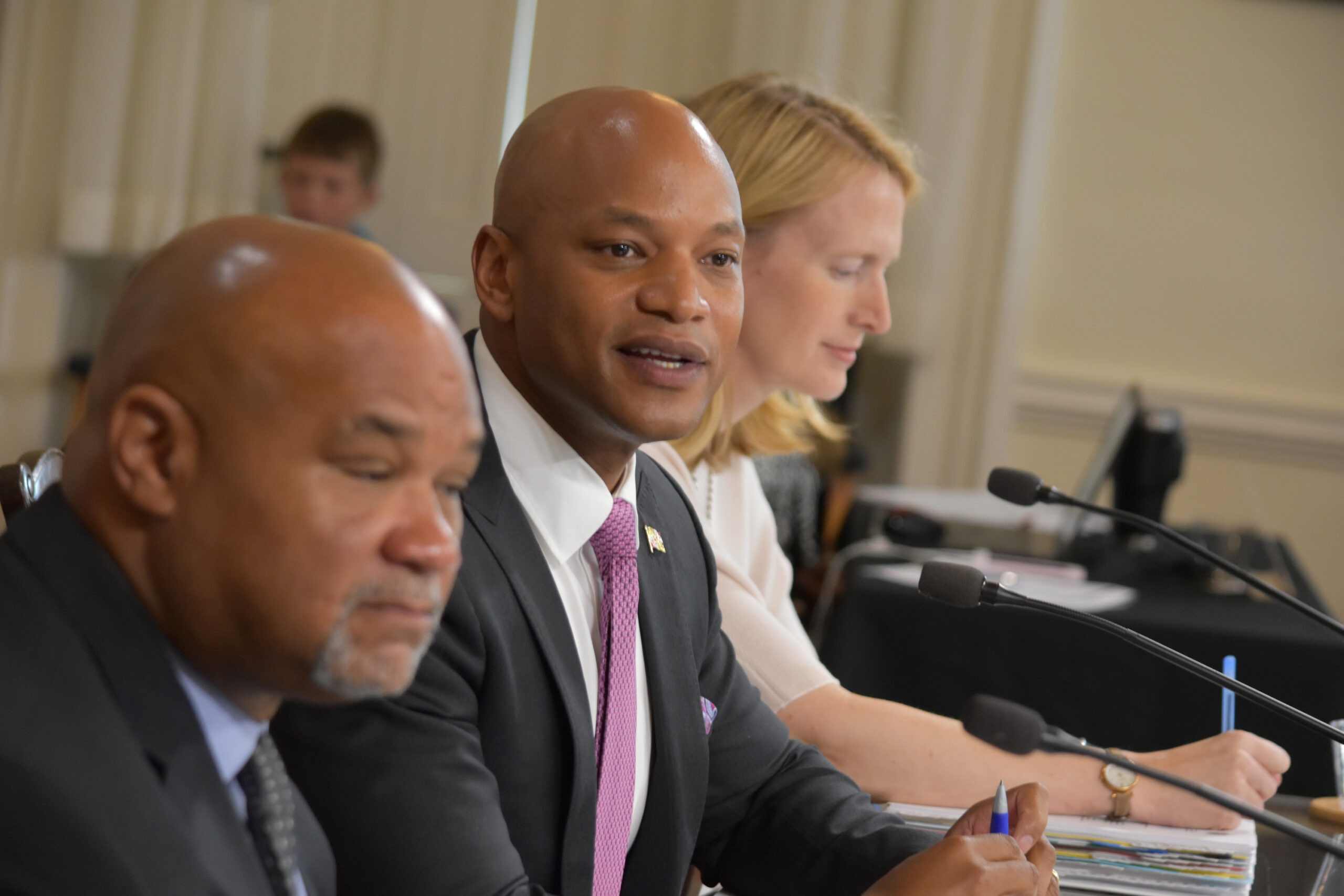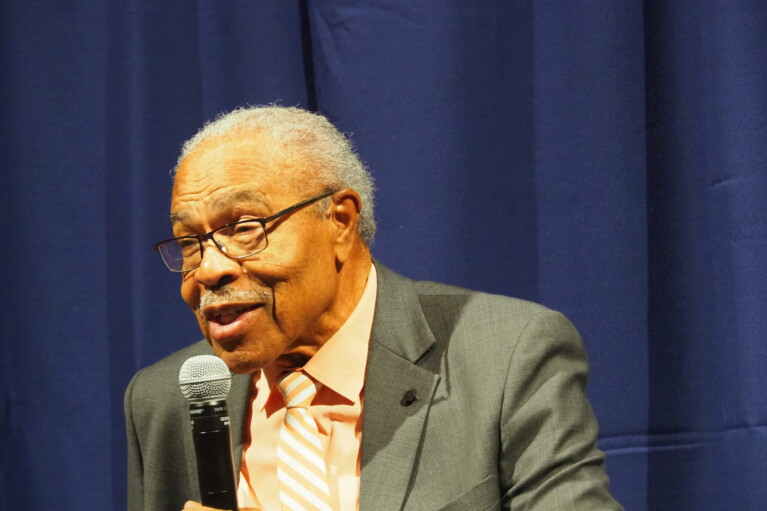Opinion: Maryland lawmakers acted wisely. Now, they must resist false choices on youth justice

By Nate Balis
The writer is director of the Juvenile Justice Strategy Group at the Annie E. Casey Foundation. He leads the Casey Foundation’s Juvenile Detention Alternatives Initiative network of juvenile justice practitioners in 40 states and over 300 counties, which is working to build a better and more equitable youth justice system.
Nothing is more important to our communities than public safety. We all agree on that. In fact, two different surveys of Marylanders whose results were released in October aimed at measuring this sentiment. They also hinted at why it’s more important to be effective than merely to sound tough — and why crime is harder to address when well intentioned decision-makers are presented with false choices.
Then-Gov. Larry Hogan, a Republican, and the state legislature, controlled by Democrats, admirably rejected the notion of false choices in 2019 when they established and populated a Juvenile Justice Reform Council to consider thoughtful action to improve public safety and reduce reoffending. The council’s recommendations thoroughly informed the Juvenile Justice Reform Act (JJRA), which became law in 2022. Maryland found itself leading the way, informed by evidence and best practices instead of fear and hyperbole. The JJRA is something Marylanders can be proud of.
Less than a year later, bad-faith stakeholders, aided by inaccurate media coverage, are trying to mislead the public into believing reforms that have barely been implemented are the cause of all the state’s ills. The reversals they urge would hurt young people and make our communities less safe. The polls I mentioned, conducted separately by Gonzales Research and Goucher College, illustrate that fear is a powerful force, but that the people are a lot smarter than the fearmongers give them credit for.
The Gonzales poll unfortunately presented the false choice, with respondents forced to endorse “strict” laws that “hold individuals responsible and accountable” such as boot camps and a “lenient” alternate course described by the pollster as “indulgent.” No aspect of the American criminal justice system at any level is indulgent, and Maryland’s horrific history with boot camps underscores that cruel punishment leads not to accountability, but to plenty of suffering and failure. The response to this poll question tells us nothing.
The more complete and representative message came from the Goucher poll: Many ideas have merit, including the ones embedded in the JJRA, and we should try multiple approaches and give them a chance to work. Some 91% of Baltimore residents surveyed wanted the city to allocate more resources toward youth violence. More than three quarters want stricter gun controls. Some ideas are ones that reformers like me wouldn’t support, but this just underscores what people in their neighborhoods intuitively grasp: there’s no single solution.
Here’s the truth about youth justice and the JJRA, which will make Marylanders safer by taking some of the very approaches viewed favorably by those who responded to the Goucher poll.
- We know from experience that the more punitive a youth justice system is, the worse the outcomes are. Arrest, prosecution and especially incarceration seriously harm young people’s mental and physical well-being, education and employment prospects, doing the greatest damage to children of color, and they increase reoffending in the long run at enormous cost to taxpayers. No one wins when we indiscriminately prosecute and lock up young people, least of all the kids themselves.
- In the short term, we need a system that focuses intensively on those who truly pose a risk to public safety and are therefore most in need of structure, close attention and supportive relationships. This is exactly what the JJRA is intended to do, which is why it passed overwhelmingly in Annapolis. It expands the state’s authority to divert young people with non-violent offenses away from prosecution and immediately toward services that provide assistance and accountability, an approach shown to reduce reoffending. It keeps lower-risk youth off probation caseloads and lowers costs. Let me say it again, because it’s important: We all want accountability. But dragging a young person through a lengthy criminal justice process does not yield accountability. Reject these false choices.
- Are there some offenses that warrant the most serious responses? Of course, sadly. The JJRA ensures 10–12-year-olds accused of violent crimes can be prosecuted, setting a minimum age of 13 for other offenses. Consider this: In recent years, Maryland averaged arresting 1,700 children ages 12 and under every year, nine out of ten of them for misdemeanors or non-violent felonies. How many lives did we damage by slapping the handcuffs and labels on fourth-graders? How much did it cost taxpayers to process hundreds of these cases every month? Our new law keeps the state’s eye on the ball, focused on youth who pose a risk to public safety rather than children who would be better served outside of the justice system.
The calls to “do something” are real and sincere and ought to be heard. Our children deserve safe communities. But let us resist the attempts to hijack these calls for action by people whose ideas would make us less safe in the short and long term. In spite of misleading media coverage, regular people in our communities support doing more for young people while taking multiple approaches to public safety. I am optimistic that our legislators will consider the wisdom of Marylanders as they consider how to build on our state’s bipartisan leadership on youth justice.




 Creative Commons Attribution
Creative Commons Attribution